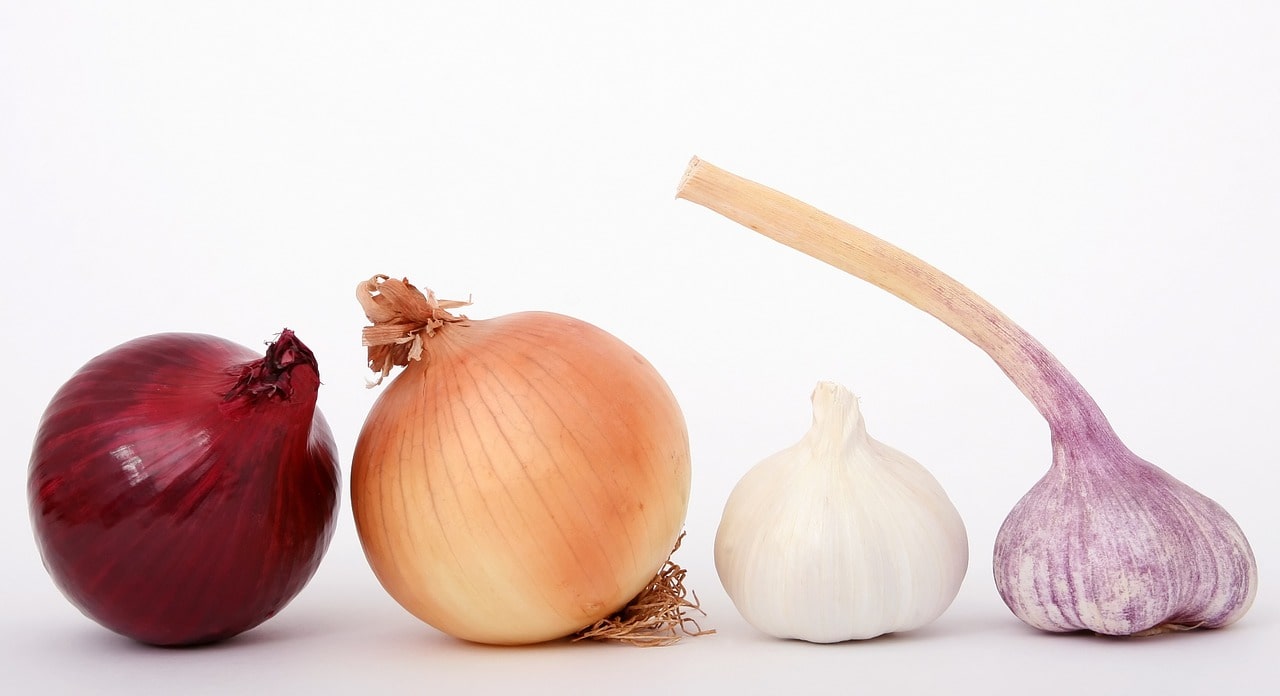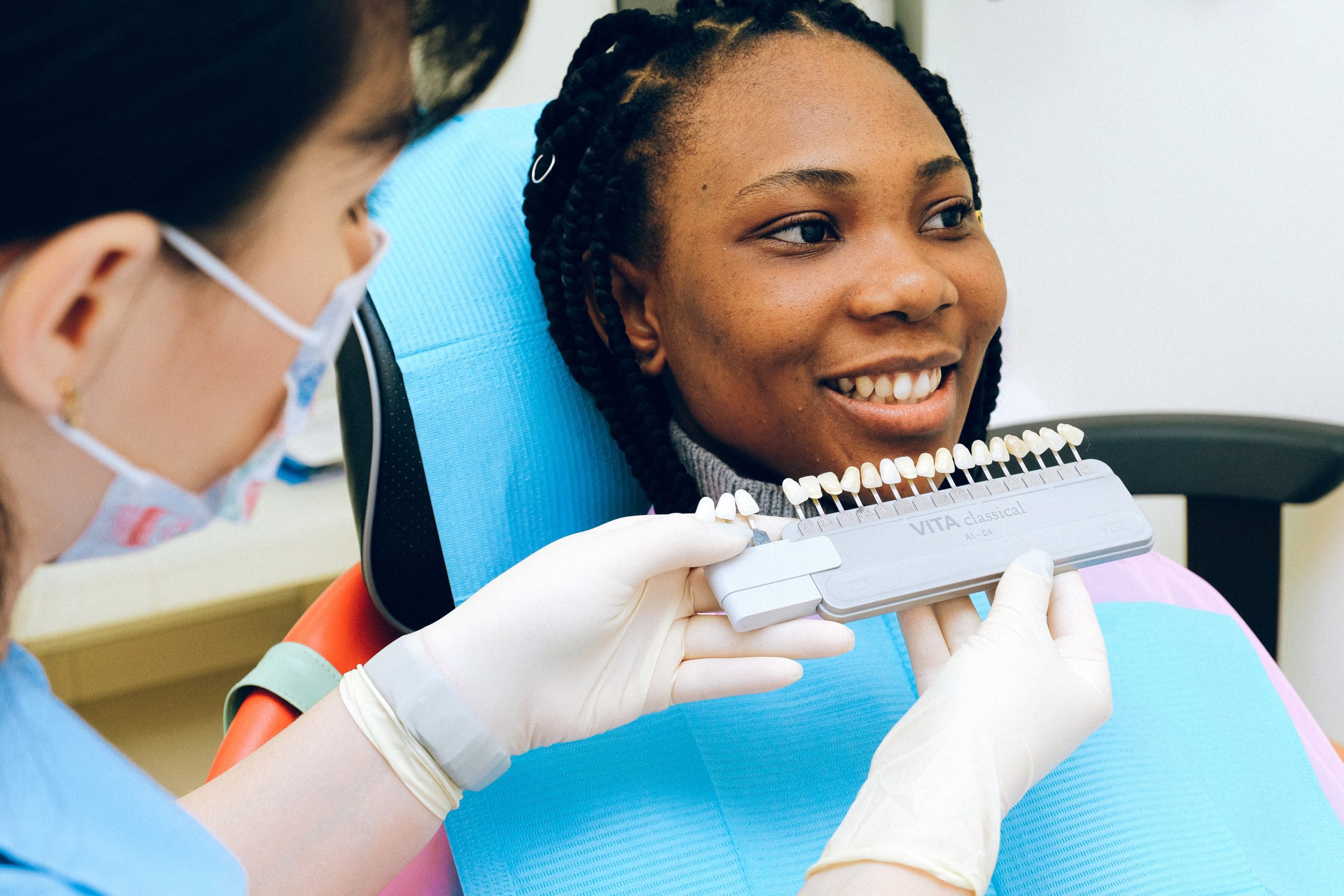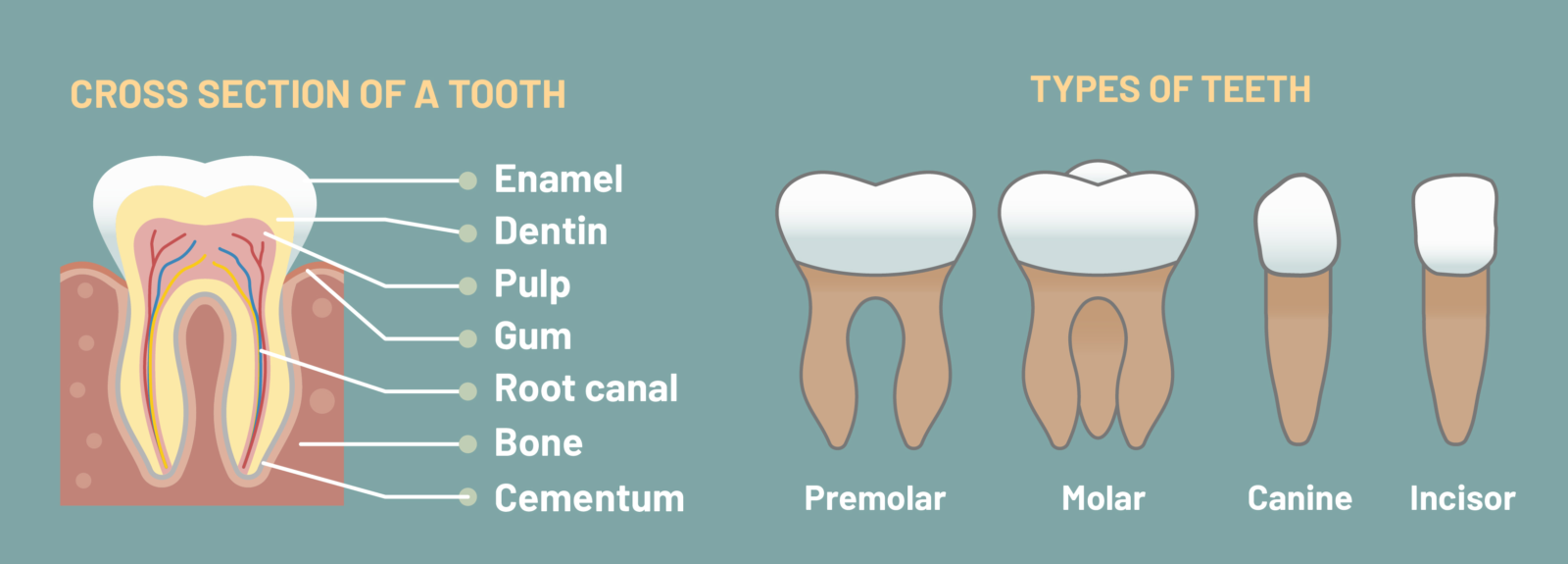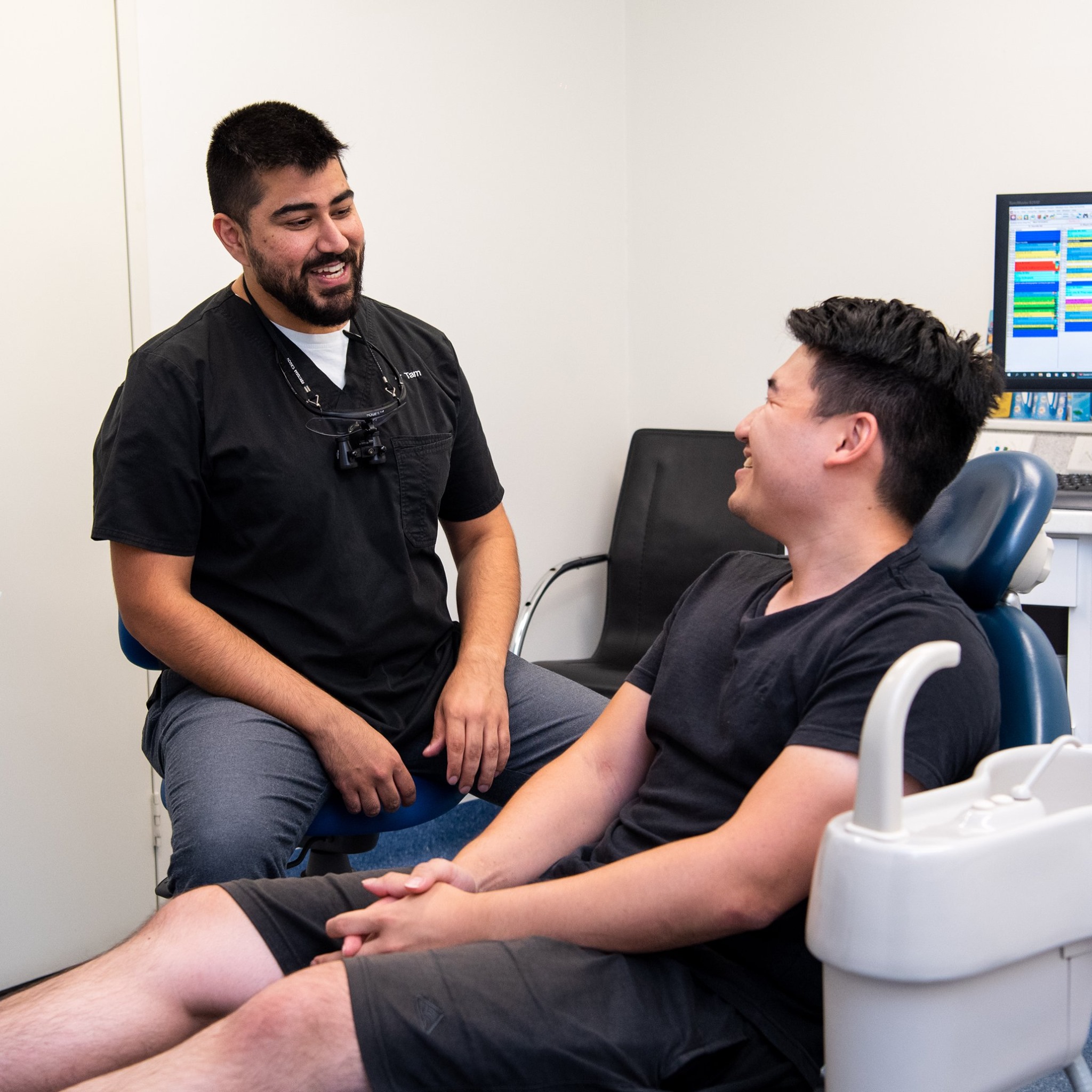
So you have bad breath. Whether a family member pointed it out at breakfast or a colleague at work embarrassingly whispered to you under their breath.
You’re now self-conscious about your bad breath every time you open your mouth. Well, you’ll be glad to know you’re not the only one.
In fact, bad breath affects everyone at some point in time. About one-third of Australians suffer from chronic bad breath. It’s caused by a number of factors, including smoking and poor oral hygiene, which we will discuss later on.
The good news is, there are many ways to treat bad breath, we just need to find the root cause. Bad breath can either be a temporary issue as a result of some bad habits or consumption of certain foods or drink, or a chronic problem stemming from an underlying issue.
What causes bad breath?
Poor dental hygiene
The most common cause of bad breath is poor oral hygiene. If you’re someone who does not brush their teeth at least twice a day and floss once a day, you may not even notice you have bad breath. Food particles caught in between and around your teeth or mouth is a breeding ground for bacteria. In combination with the bacteria, decaying food trapped in your mouth can produce an unpleasant smell — bad breath.
Brushing and flossing your teeth helps remove plaque, a sticky substance that builds up on your teeth and causes bad breath as well as cavities and periodontal disease.
Consuming certain foods and beverages
Wondering why you can still taste garlic in your mouth 2 days later? Strong foods with potent odours including onions and garlic contain oils that are absorbed by your stomach during digestion. These oils are passed into your bloodstream and make their way to your lungs and can produce an odour that is noticeable in your breath for up to 72 hours.
The same can be said for strong beverages such as coffee or tea, which can contribute to bad breath.
Smoking
Apart from having a distinctive potent smokers breath, smoking cigarettes, cigars or vaping can dry out your mouth, resulting in both morning and bad breath. A dry mouth also makes you more prone to gum disease.
Dry mouth
Dry mouth occurs when the mouth does not produce enough saliva. Saliva helps breakdown foods and neutralises bacteria in your mouth, which helps reduce bad breath odours. Dry mouth can be an issue if you’re someone who sleeps with their mouth open, is a smoker, or takes certain medications for high blood pressure and urinary conditions.
Periodontal disease
This is certainly a stage you do not want to reach and is avoidable with good oral hygiene and of course, seeing your dentist for a regular 6 monthly check-up and clean. Periodontal disease occurs when plaque hardens into tartar. Unfortunately, tartar cannot be removed by just brushing and flossing. It causes small pockets to form between the teeth and gums, which allows food and bacteria to build up, resulting in bad breath.
How to get rid of bad breath
In most cases, you’ll be able to cure bad breath with the following tips:
- Practice good oral care and hygiene. One of the most effective ways to prevent and cure bad breath is to brush your teeth at least twice a day and floss at least once a day. This helps remove food particles and bacteria trapped between teeth and around the gums.
- Tongue scrape. The tongue harbours a lot of bacteria, dead cells and food particles. Using a tongue scraper or the back of your toothbrush, gently scrape from the back of the tongue to the front.
- Stay hydrated. Make sure to drink plenty of water as it helps stimulate saliva production, especially before you go to bed at night. Dry mouth occurs when there isn’t enough saliva production, resulting in bad breath and morning breath. Saliva helps wash away food particles and bacteria.
- Watch what you eat. Avoid eating strong-smelling foods at night such as garlic or onion, or drinking coffee and tea in the evening. A healthy, well-balanced diet can help with your overall health and reduce bad breath.
- Quit smoking. We don’t need to tell you twice why smoking is bad. It’s also a leading culprit when it comes to bad breath. Giving up tobacco can drastically improve your breath.
- Visit your dentist. If you’ve done all of the above but still can’t seem to shake your bad breath, it’s probably time to book a dental checkup and see your dentist to check if there is a more serious issue at hand.
Have persistent bad breath? Contact Tandara Dental today.











